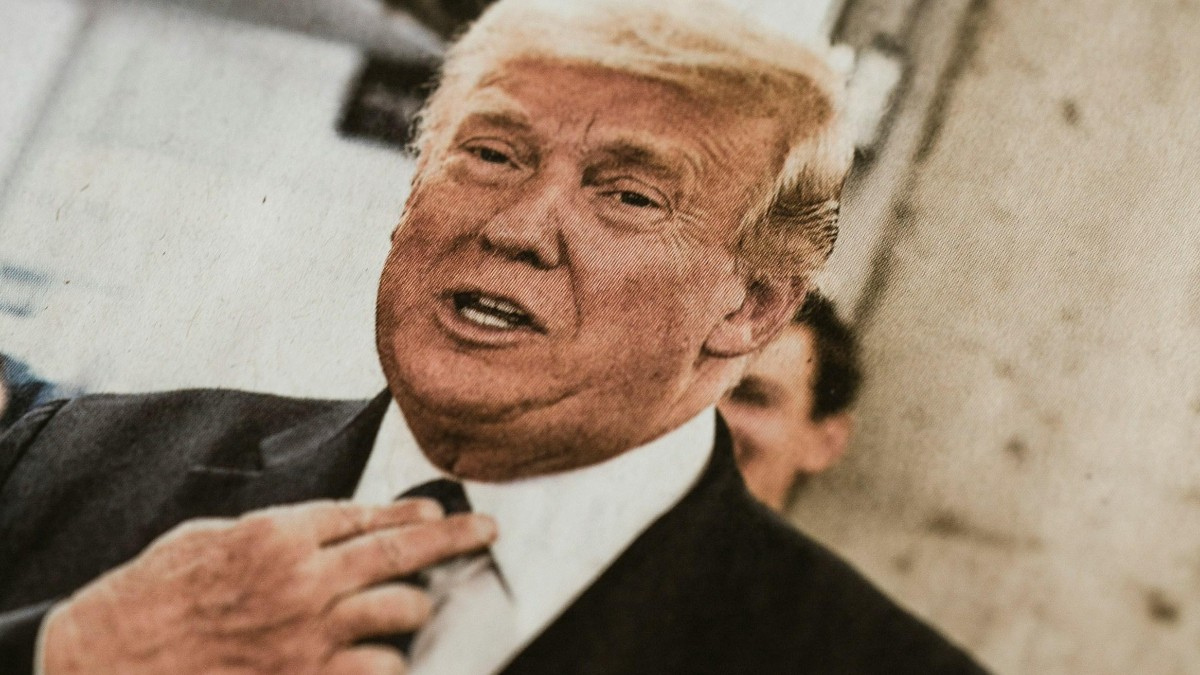Manhattan District Attorney Alvin Bragg, in a legal filing, said the conviction of President-elect Donald Trump on charges that he falsified business records should not be overturned as detailed in this article, Can Donald Trump go to prison if he is president? This is the legal scenario for the new POTUS of the United States of America . It is a follow-up after his re-election, the latest in many legal entanglements that await him back in office.
Background of the case
In May 2024, Donald Trump was convicted on 34 felony counts stemming from the hush money scheme used to quash allegations of extramarital affairs in the run-up to the 2016 presidential election. The payments were made via his former attorney Michael Cohen, who classified them as legal business expenses before being arrested and disbarred in 2021. He became the first former president to be declared a felon.
The conviction was part of a broader investigation that Bragg’s office had conducted into Trump’s financial dealings, particularly how he handled his business records to disguise payments to adult film actress Stormy Daniels. The unanimous guilty verdict by the jury underlined how grave the charges against Trump were, which prosecutors characterized as part of a conspiracy and cover-up.
DA’s argument against dismissal
In a court filing last week, DA Braggs’ office said there was “no such thing as president-elect immunity.” They said that vacating the conviction would be an “extreme remedy” that wasn’t supported. The District Attorney’s office contended his political status should not protect Trump’s legal troubles; thus, evidence against him was still compelling public trust in the judicial system needed to be upheld.
Braggs’ response came after Trumps’ legal team sought to have both the felony conviction and a separate civil fraud judgment dismissed on grounds that they would impede his duties as president. In doing so, Trump’s attorneys claimed that ongoing legal proceedings pose an unconstitutional threat to his presidency, referencing recent decisions by federal prosecutors who dropped cases against him following his election victory.
On its part, the DA’s office argued that the actions of Trump had nothing to do with his status as a president, hence they cannot be protected by any kind of immunity. They argued that an action in delay of prosecution “does not warrant dismissal of convictions returned by a jury sixteen years after the crimes”.
Consequences to the Trump presidency
These ongoing legal battles represent the most complex hurdles for Trump in his bid for a second term in office. A felony conviction could mean severe consequences, not just for his presidency but even for his future political ambitions. While Bragg’s office has indicated a willingness to accommodate Trump’s schedule by delaying sentencing, they have firmly rejected any notion of dismissing the case entirely.
Besides that, Trump appeals a civil fraud ruling where he and his company were ordered to pay 454 million dollars for inflating the value of assets. Furthermore, the New York Attorney General said this civil case would be continued regardless of whether Trump was reelected, adding more complications to his legal landscape.
The path forward
The road forward for Trump through these legal complications is twofold: a fight in the courts and another in the political arena. His legal team will likely fight the appeals energetically while at the same time preparing for the rigors of the presidency. These cases could have significant impacts on public perception and base support.
It does appear that resistance by the Manhattan DA to drop the conviction of bribery against Trump mirrors a wider concern with accountability and rule of law when it comes to high-profile political figures. The outcome of such cases, developing at an extremely rapid rate, will dominate national headlines over coming weeks, influencing Trump’s presidency and his party’s longer-term strategy.
Read more: Who is Cheryl Hines, Robert F. Kennedy Jr.’s wife, and what happened to her first partner?
Read more: Robert F. Kennedy Jr. is elected U.S. Secretary of State for Health: how will he affect Medicare and Medicaid and the health care system?

